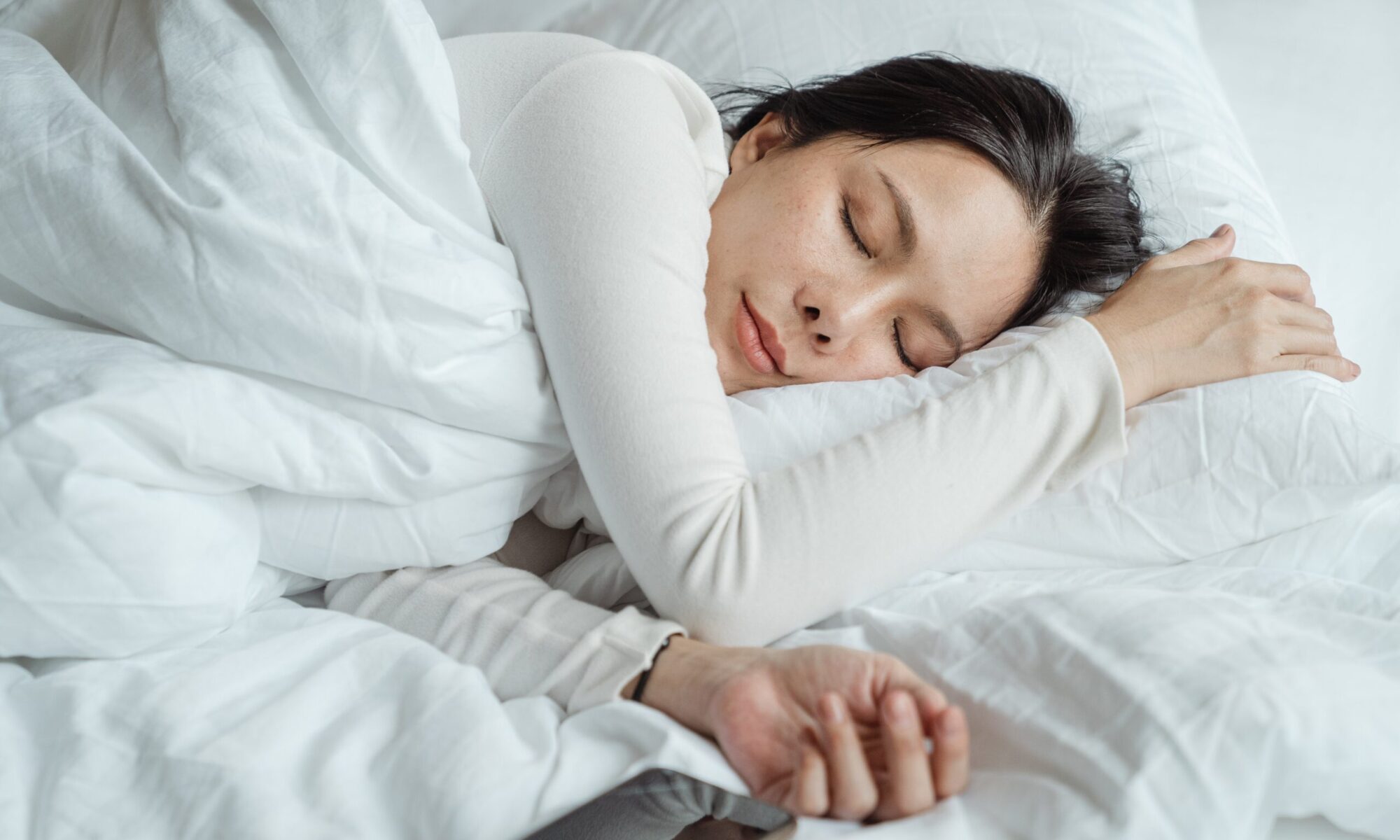How Bipolar Disorder Affects Sleep
Bipolar disorder may affect sleep in many ways. For example, it can lead to:
Insomnia and bipolar disorder
The inability to fall asleep or remain asleep long enough to feel rested (resulting in feeling tired the next day is Insomnia. It is the most frequent of sleep disorders and suffered by millions, some at certain times of their lives and some chronically. It is a condition frequently encountered associated with bipolar disorder.

Hypersomnia and depression / bipolar disorder
Hypersomnia, or over-sleeping, which is sometimes even more common than insomnia during periods of depression in bipolar disorder. Of the many disorders associated with excessive sleepiness in the general population, the most frequent are mental health disorders, particularly depression. This is contrasts with poor or little sleep during the mania stage.

Perceived lack of need for sleep in bipolar disorder
Decreased need for sleep, in which (unlike insomnia) someone can get by with little or no sleep and not feel tired as a result the next day, or at least appears to. This may lead to:
- Increased and more dramatic mood swings
- Feelings of being unwell, tired, depressed, or worried
- Severe difficulty in concentrating or making appropriate decisions
- Increased “high risk” behaviour
- Be at higher risk for an accidental accidental death
Delayed sleep phase syndrome in bipolar disorder
Delayed sleep phase syndrome (DSPS) is a circadian-rhythm sleep disorder resulting in insomnia and daytime sleepiness. Delayed sleep phase syndrome (DSPS) is a person’s sleep, delayed by two hours or more beyond what is considered an acceptable or conventional bedtime. While (DSPS) may then cause difficulty in being able to wake up at the desired time in Bipolar Disorder, the sufferer often wakes early too.
Irregular sleep-wake schedules, which sometimes result from a lifestyle that involves excessive activity at night may also upset the normal circadian-rhythm balance.
REM (rapid eye movement) sleep abnormalities in bipolar disorder
Such disorders may make dreams very vivid or bizarre. There is no known association between bipolar disorder and REM behaviour disorder (RBD.)
Drug and/or alcohol addiction associated with Bipolar Disorder
Co-occurring drug addictions, which may disrupt sleep and intensify pre-existing symptoms of bipolar disorder. Studies have shown that people with bipolar disorder have a 60 percent chance of developing a drinking problem at some point in their lives.
Alcohol is known to intensify bipolar disorder due to its sedating effects.
Obstructive Sleep Apnea and Bipolar Disorder
Co-occurring sleep apnea, which may affect up to a third of people with bipolar disorder, which can cause excessive daytime sleepiness and fatigue.

During the highs of bipolar disorder (periods of mania), you may be so aroused that you can go for days without sleep without feeling tired the next day. For three out of four people with bipolar disorder, sleep problems are the most common signal that a period of mania is about to occur. Sleep deprivation, as well as jet lag, can also trigger manic or hypomanic episodes for some people with bipolar disorder.
Between acute episodes of bipolar disorder, sleep may still be affected by;
- Heightened anxiety
- Worries about not sleeping well
- Lack of energy during the day
- A tendency to have misperceptions about sleep (Sleep State Misperception – SSM)
Sleep state misperception and bipolar disorder
Sleep state misperception (SSM) is a term in the International Classification of Sleep Disorders (ICSD) most commonly used for people who mistakenly perceive their sleep as wakefulness, though it has been proposed that it be applied to those who severely overestimate their sleep time as well.
Achieving better sleep with bipolar disorder
Disrupted sleep can significantly worsen a mood disorder. The treatment of Bipolar Disorder should include awareness and management of the associated sleep disorders. A Sleep Diary can be invaluable and help with;
- How long it takes to go to sleep
- How many times you wake up during the night
- How long you sleep all night
- When you take medication or use caffeine, alcohol, or nicotine
- When you exercise and for how long
Certain bipolar medications may also affect sleep.
Certain bipolar medications may also affect sleep as a side effect, as they may disrupt the sleep-wake cycle. This must be addressed with the physician or psycho-pharmacologist / psychiatrist.
Altering sleep time, bright light therapy in the morning and the use of the hormone melatonin at bedtime, as well as to avoiding bright light or over-stimulating activity near bedtime may all help.
The doctor may also recommend a change in medication if needed. Discuss any other drugs or medical conditions that may be affecting your sleep, such as arthritis, migraines, or joint pain.
Restoring a regular schedule of daily activities and sleep — perhaps with the help of cognitive behavioural therapy — is important in helping to restore more stable mood.
Bipolar disorder is appallingly badly screened, diagnosed and managed (rather like obstructive sleep apnea, but worse still!)

The treatment of the Bipolar Disorder should be made in combination with addressing the associated sleep disorders. These issues and their management/treatment are often common problems but exaggerated due to the Bipolar Disorder.
Bipolar treatment is primary and these choices may also help restore healthy sleep:
- Eliminate alcohol and caffeine late in the day.
- Keep the bedroom as dark and quiet as possible and maintain a temperature that is not too hot or cold. Use black-out blinds, earplugs, or sleep masks, as needed.
- Discuss with your partner about ways to minimize snoring or other sleep habits that may be affecting your sleep.
- If you snore or suspect obstructive sleep apnea – SEEK HELP.
- Exercise, but not too late in the day.
- Try guided meditation and relaxation techniques.
- Avoid online activities in the evening – it will wait till the morning.
- Get feedback from your partner if possible.
- Ensure you’re getting adequate bipolar treatment – studies show patients lack insight and accept poor treatment and poor physician attitude all too quickly.
Dr. Stephen Bray 2020

